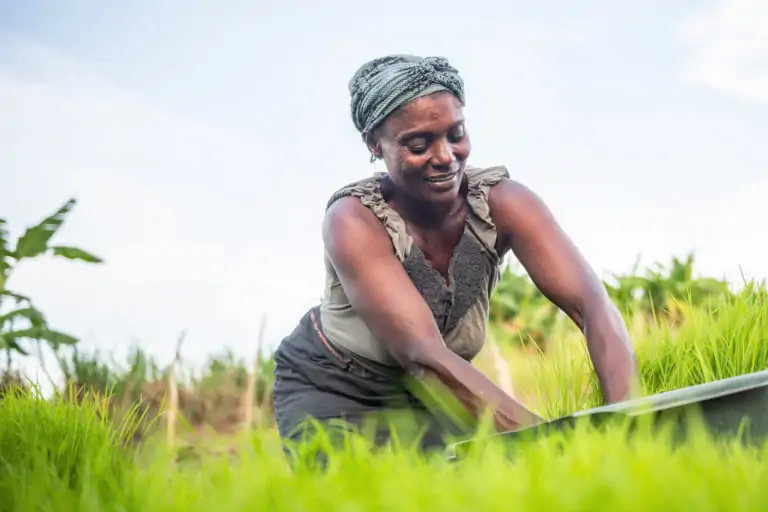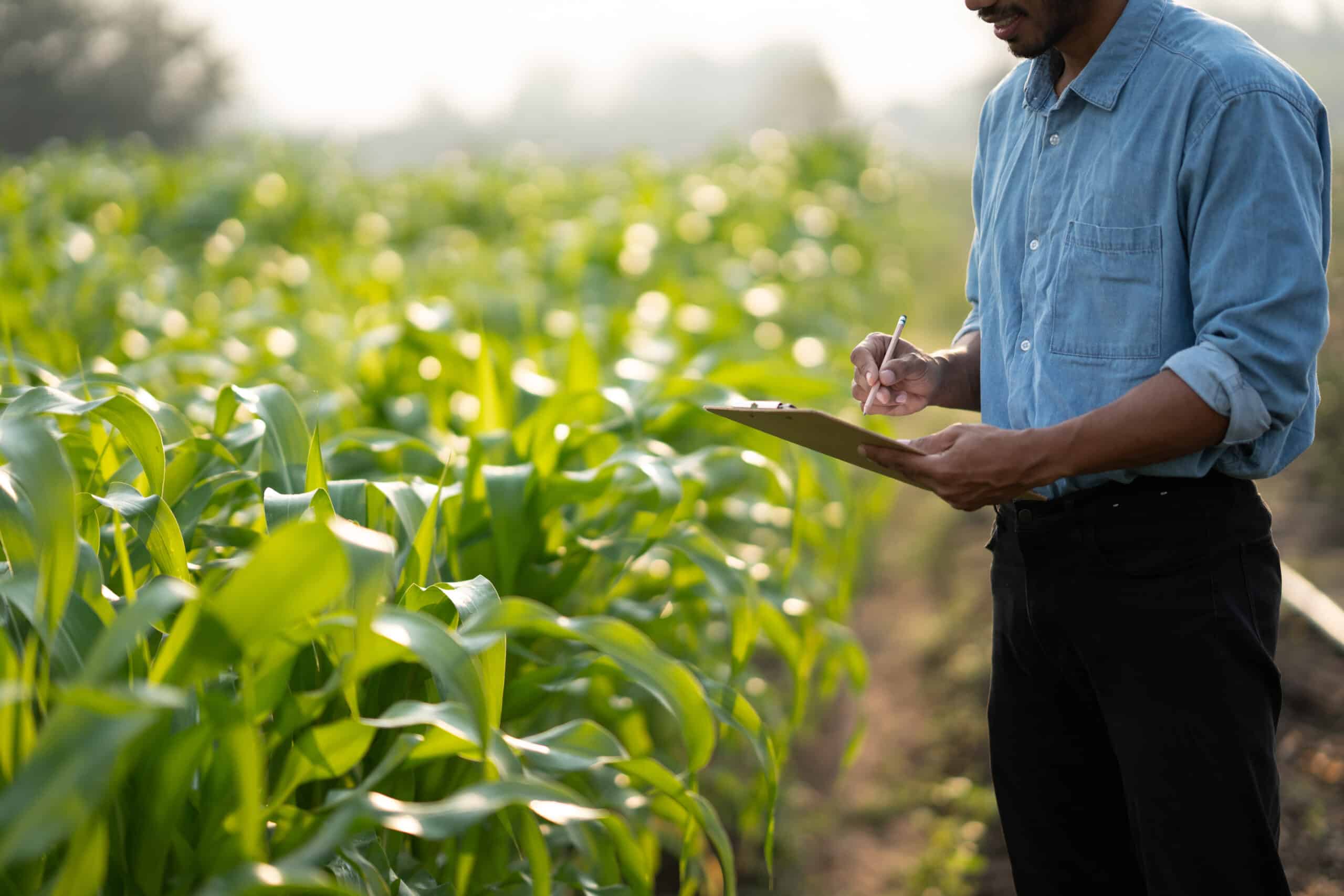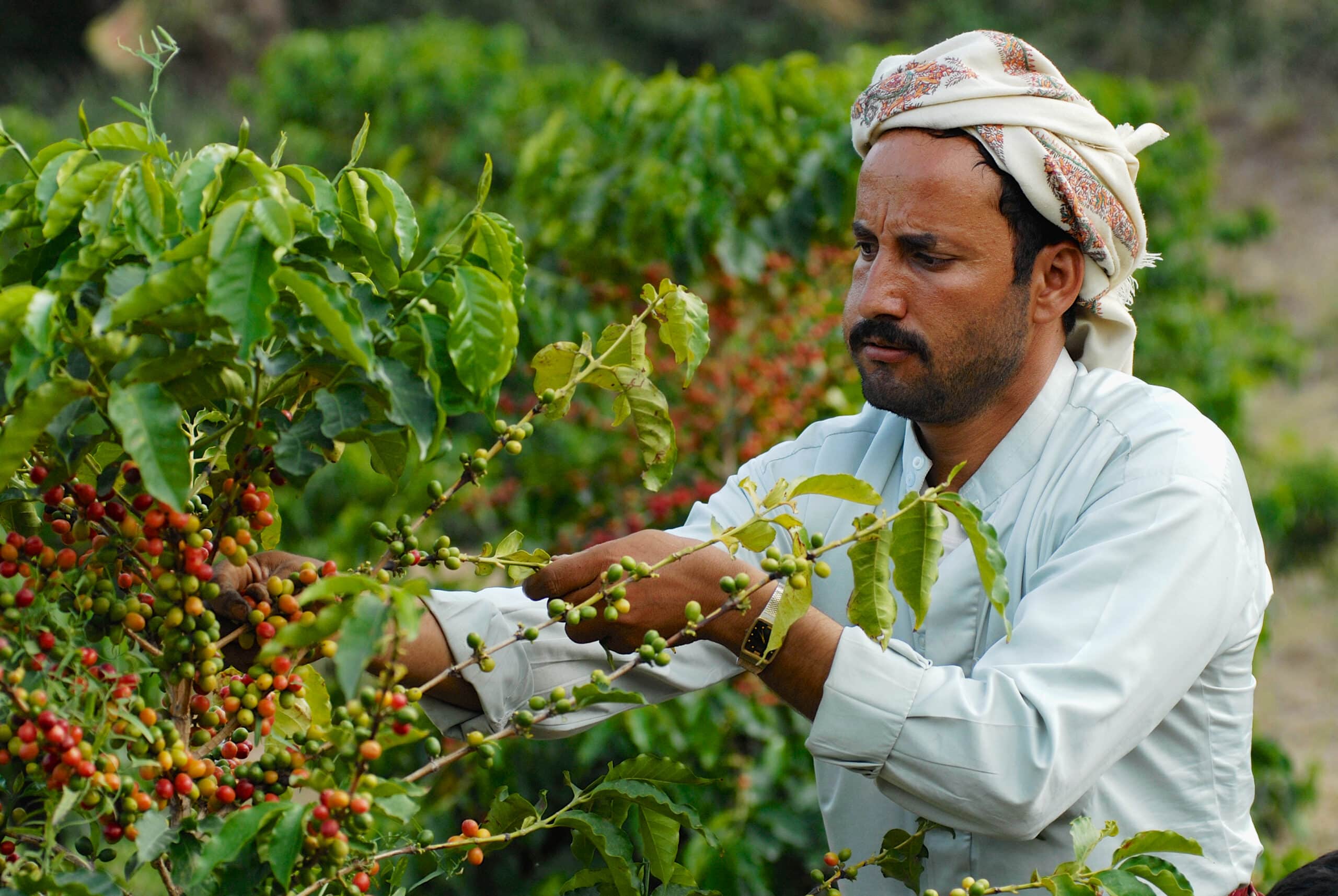Food insecurity and hunger remain significant global challenges exacerbated by conflict, inequality and climate change. The agricultural industry is vital to local and regional economies throughout Sub-Saharan Africa, as both a source of food security and a significant source of employment, especially for women.
What role do women play in agriculture in the SSA?
The role of women in agriculture in Sub-Saharan Africa is often understated or not acknowledged. Outside cultural considerations, much of this can be attributed to a lack of available gender-disaggregated data.
Studies across Sub-Saharan Africa have revealed that women play a critical role in many facets of pre and post-harvest production. For instance, the FAO reports that “while men are often responsible for land clearing, burning and polishing, women specialise in weeding, transplanting, post-harvest work and, in some areas, land preparation and both take part in seeding and harvesting”. Women also play a pivotal role in natural resource management and are far more likely to grow food crops than cash crops.
What challenges do women face in the agricultural industry?
It is estimated that women account for approximately 43% of the agricultural labour force globally. Despite this contribution, gender-based discrimination denies rural women and girls equitable access to land, credit, weather and climate information, and other productive resources, which if they had access to, could increase overall agricultural production by an estimated 20%.
For instance, even though the Department of Economic and Social Affairs Population Division have stated that an average of 28% of households in SSA are headed by a female, the Demographic and Health Survey (DHS) data shows that only 13% of women in the region have sole ownership of land.
Impact of gender studies on policy making
Evidence from several studies indicates that implementing gender-inclusive policies in a sector will typically lead to increased development, this is especially relevant for sectors such as agriculture, labour and climate change adaptation for food security.
For instance, research by scientists at the International Food Policy Research Institute (IFPRI) in Nigeria showed that women’s access to inputs and participation in agricultural decisions either independently or together with their male counterparts typically increases agricultural productivity.
This led to the adoption and implementation of the National Gender Policy in Agriculture by the Federal Ministry of Agriculture and Rural Development in Nigeria, whose overarching goal is to ensure equal opportunities and access to agricultural resources, services and programmes to achieve food security, regardless of gender. The policy was implemented in 2021, and while there are no indicators to measure its
impact as of yet, the National Gender Steering Committee tasked with its implementation has high hopes for the potential effects on the country.
Some national agricultural programmes that have yielded demonstrated success in the past include the Farm Input Subsidy Programme (FISP) in Malawi and the Land Tenure Regularization programme (LTR) in Rwanda. Both programmes have helped close the gender gap in modern maize adoption and reduce gender discrimination in land access in Malawi and Rwanda respectively.
The FISP programme which provided subsidized seed and fertilizer coupons positively influenced modern maize adoption instead of higher value cash crops by female household heads, which is critical to achieving food security in Malawi. The LTR programme, on the other hand, has helped achieve greater land tenure security and has had positive impacts on agricultural investment, especially in female-headed households in Rwanda.
Policy making implications
Agricultural drivers are built on a gendered system with embedded gender inequalities that affect men and women differently. There is, therefore, a need for gender-inclusive agricultural policies and programs to address the unequal access to productive resources.
Farrelly Mitchell Food and Agriculture Consulting
We have a team of agriculture and food system experts at Farrelly Mitchell who support governments, policymakers, multilaterals, and other related agencies across the world in building their agri-food regulatory systems. Our experience across the entire agrifood value chain and the regulatory detail involved in every facet of the system means that policymakers can benefit from our knowledge of how certain systems work in practice and are affected by different factors in different regions. We empower our clients to make the right decisions and ultimately create a safe, nutritious, and effective food supply.
If your project requires a national or international level understanding along with local level experience, get in touch with us today to discuss how we can help.
Food security consulting
At Farrelly Mitchell, our global team of agriculture and food systems experts support governments, policymakers, multilaterals, and other related agencies across the world in building their agri-food regulatory systems.
Our experience across the entire agrifood value chain and the regulatory detail involved in every facet of the system means that policymakers can benefit from our knowledge of how certain policies and regulations work in practice, and what specific regional factors may affect them. We empower our clients to make the right decisions and ultimately create a safe and nutritious food supply for long term food security in Africa.
If your project requires a national or international level understanding along with local level experience, get in touch with us today to discuss how we can help.














